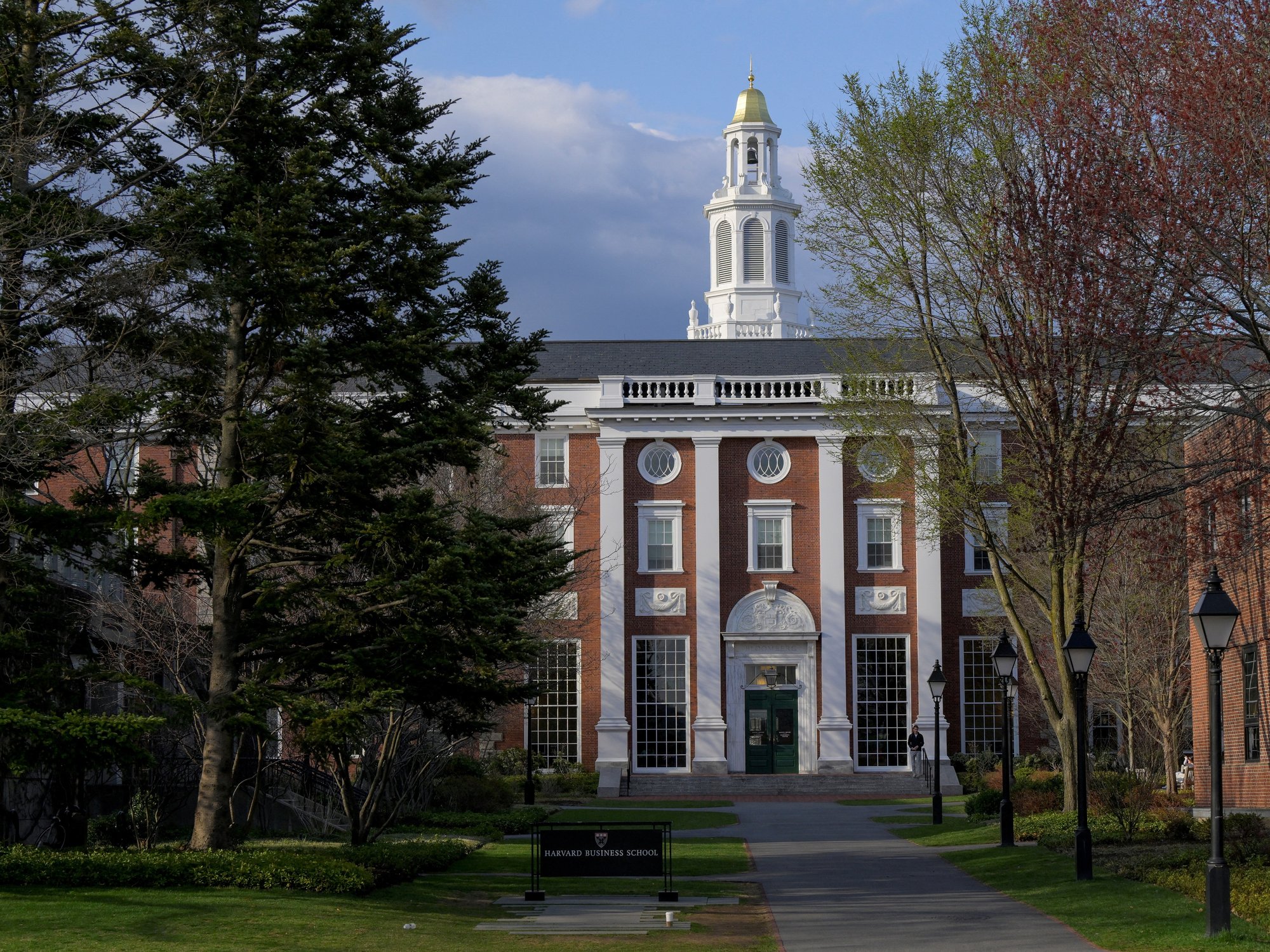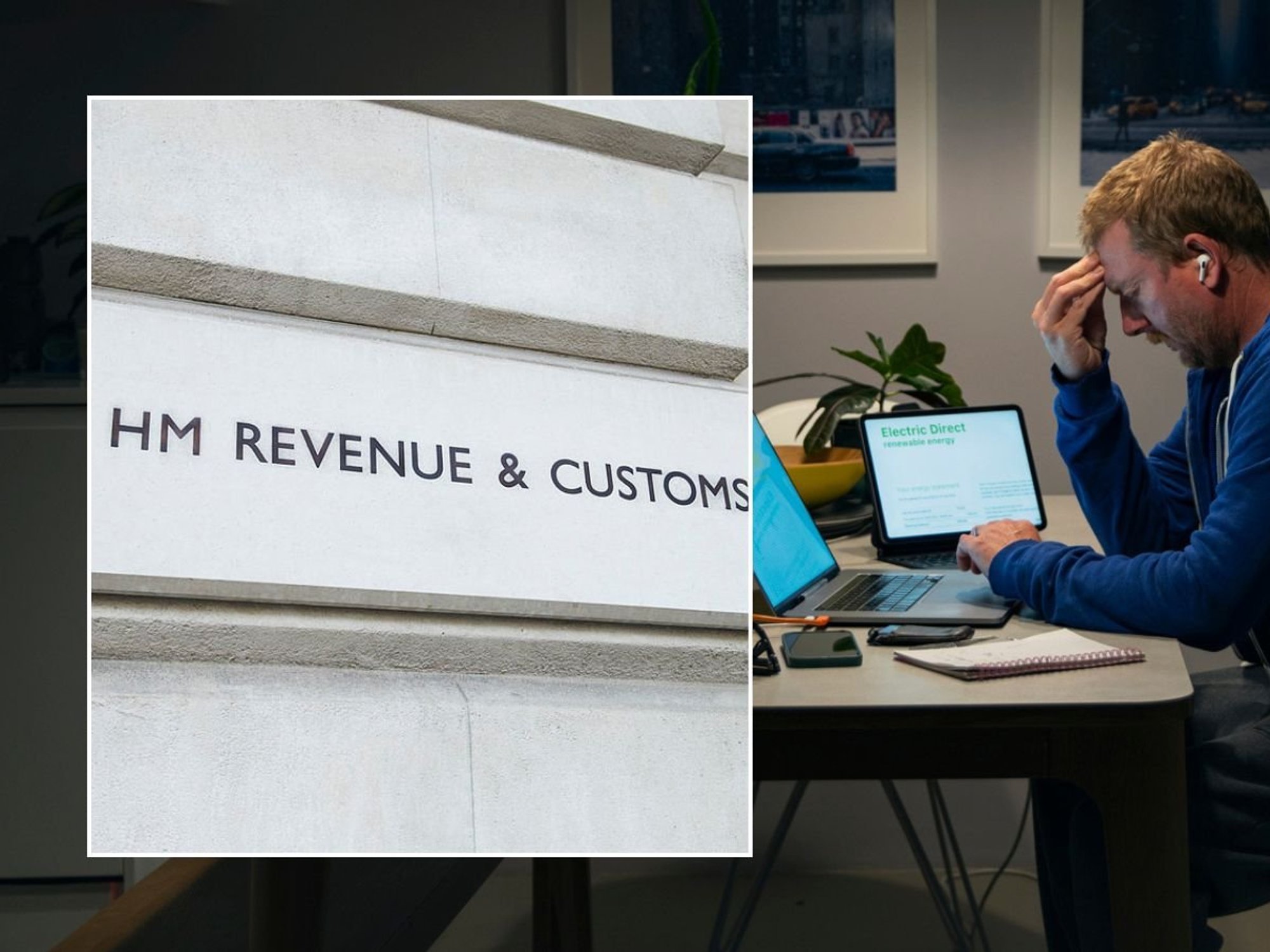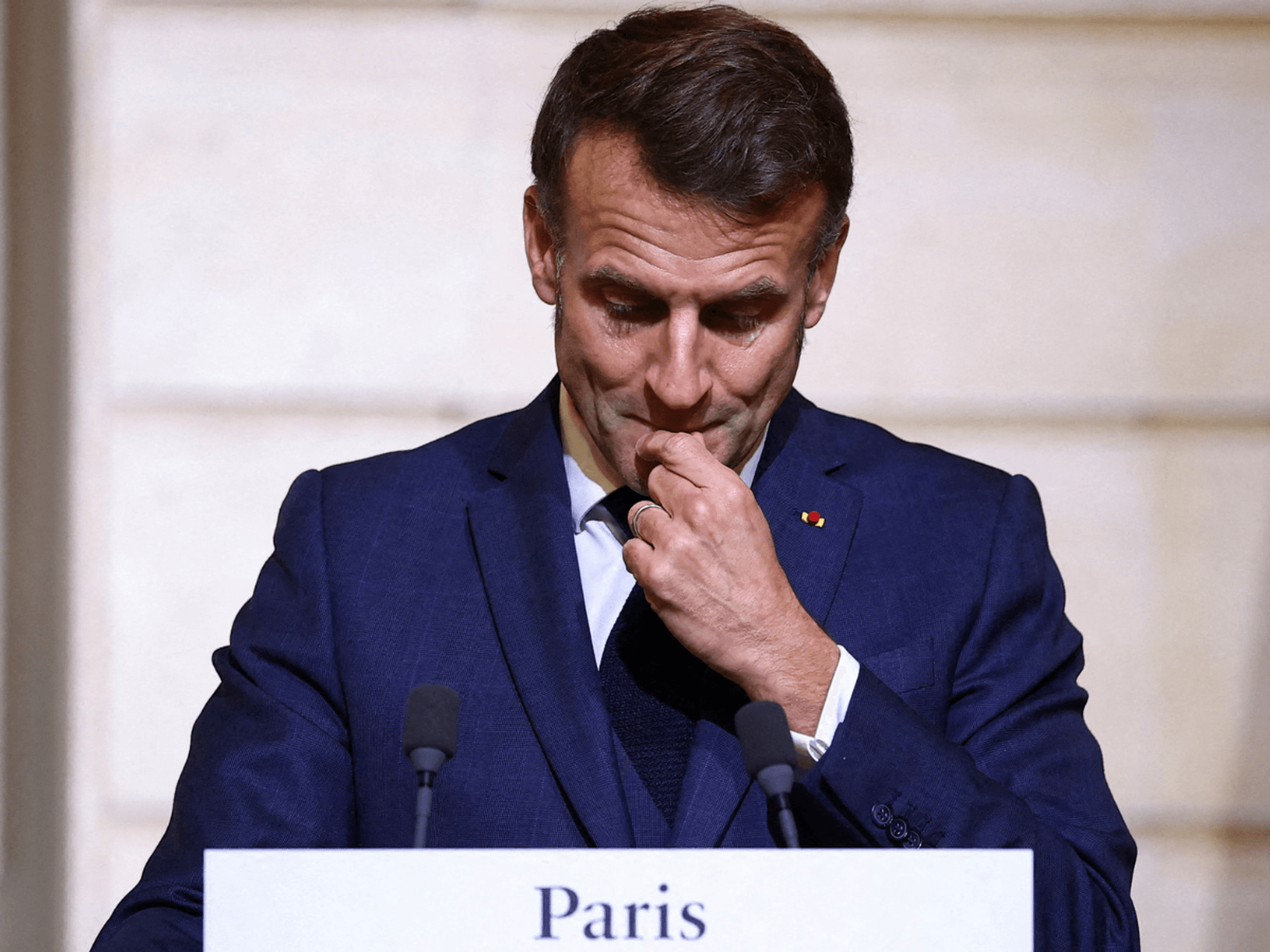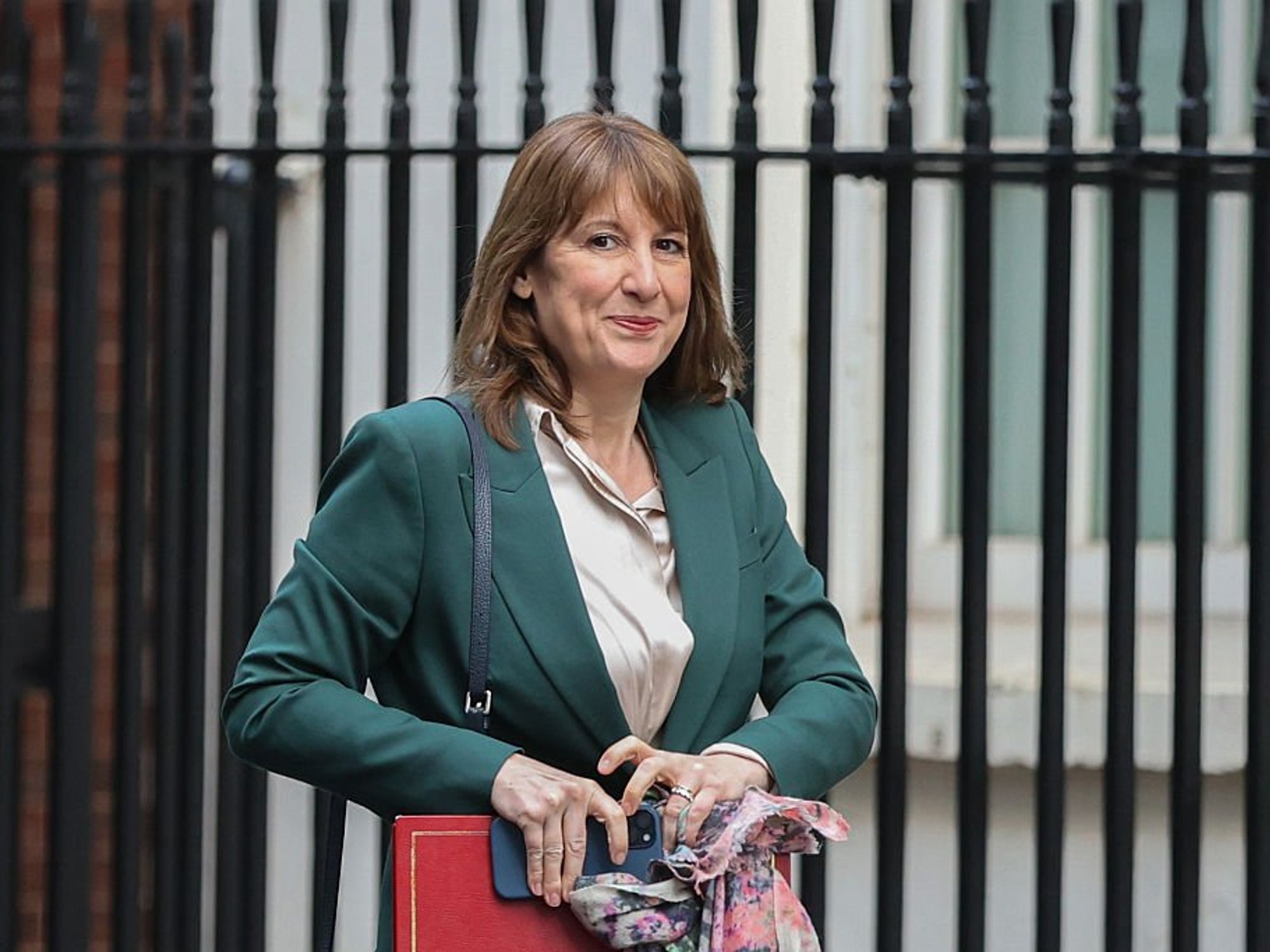BBC faces licence fee review as it blames increased competition for 500k slump after Brits snub levy
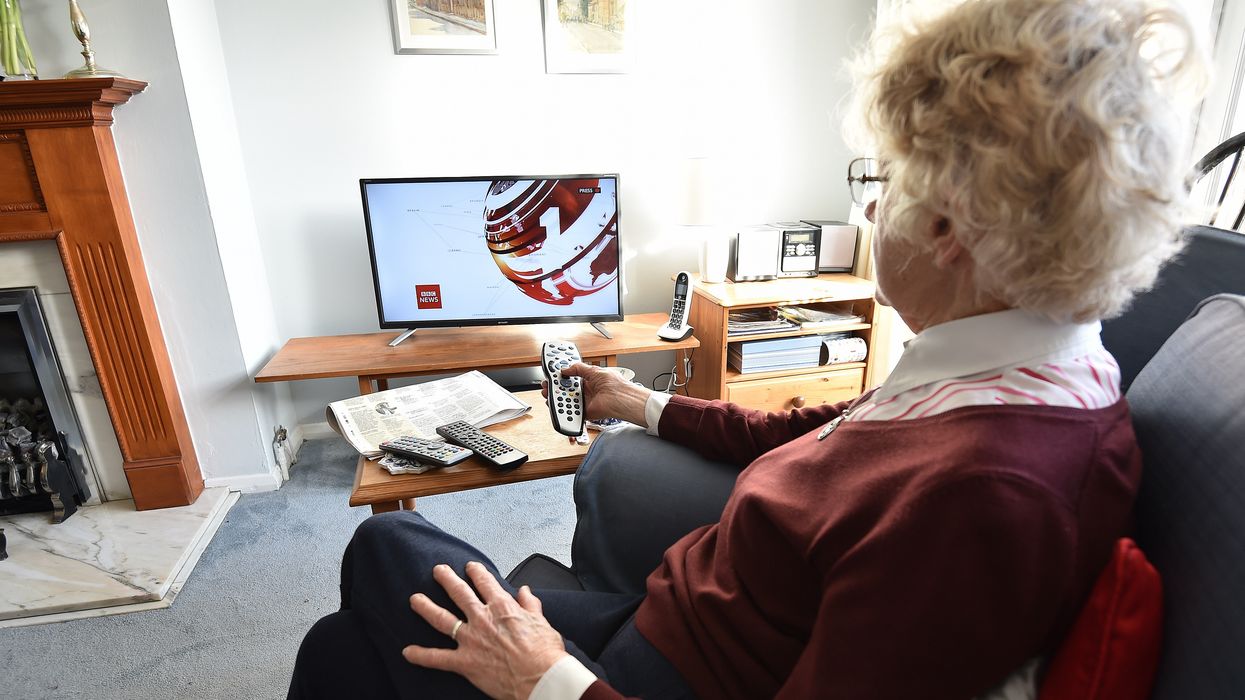
The BBC's royal charter is up for renewal in 2027
|PA
Ministers are set to formally assess alternatives to the licence fee as 500,000 stop paying
Don't Miss
Most Read
The BBC has attributed the drop in Britons paying the licence fee to the cost of living crisis and increased competition driving up the cost of content.
With 500,000 fewer members of the public opting to pay the licence fee, ministers are set to launch a formal review of the future of funding, according to the Times.
Ministers are expected to announce a review of the BBC’s funding model in the autumn, amid concerns that the licence fee has become “unsustainable”.
As the 2027 renewal date of the BBC royal charter looms, ministers are expected to consider alternative models, such as a subscription based alternative, driving increased commercial activity, embracing advertising, or enforcing a broadband levy.

The licence fee faces its biggest increase for 20 years in April next year.
|PA
A government source told the Times: “The evidence that there is a growing unwillingness to pay is shown by figures each year.
“The licence fee model is becoming unsustainable.”
At the same time, the licence fee faces its biggest increase for 20 years in April next year.
The annual payment currently stands at £159, but is set by rise 8.2 per cent to £172, in line with the “annualised” level of inflation.
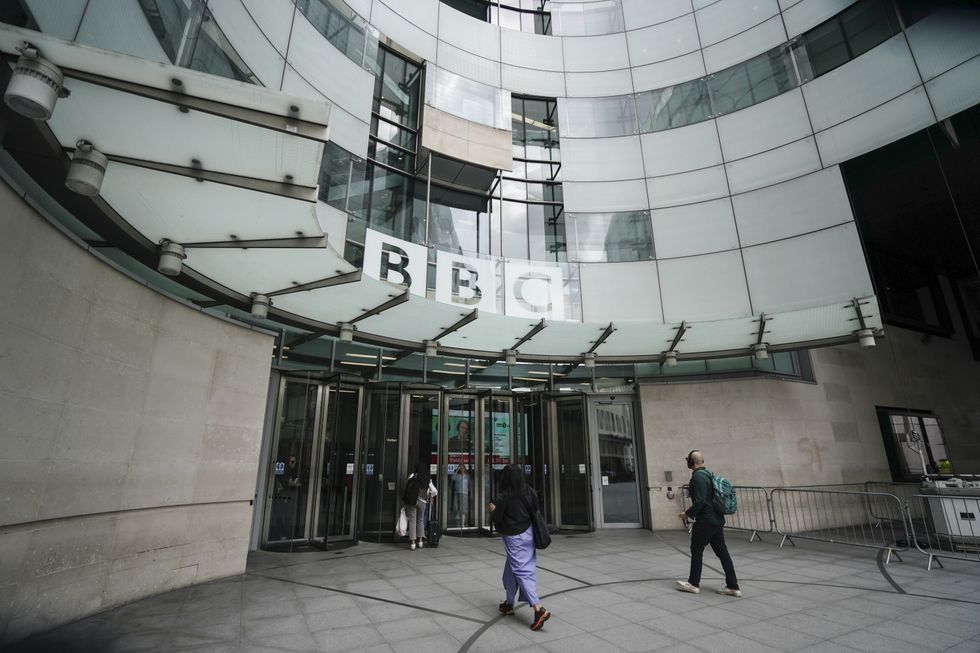 BBC Broadcasting house, in central London | PA
BBC Broadcasting house, in central London | PAWith the reduction in levy payers, the BBC took home £3.74billion in licence fee payments last year, down from £3.8billion the year before.
In the BBC Group Annual Report and Accounts 2022/23, the national broadcaster admitted that the “increasingly competitive” media landscape had led to increased financial pressure.
The report said: “Competition in the media industry coupled with demand for high-quality content is causing the cost of talent and content to rise fast than inflation, putting intense pressure on commissioning budgets.”
It added: “The competition from big global players has never been tougher. The financial challenge has never been more acute.
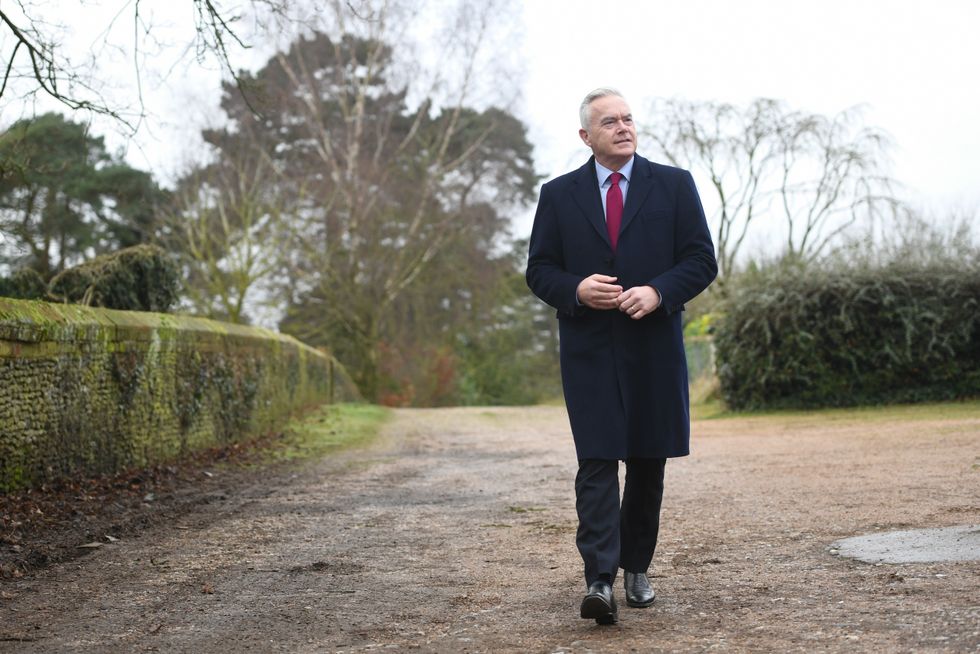 Huw Edwards was named as the BBC's suspended presenter | PA
Huw Edwards was named as the BBC's suspended presenter | PA“The BBC experienced a real terms fall in income of around 30 per cent over the decade from 2010, and continues to operate in an environment of extraordinary inflation and further licence fee freezes.”
An option touted would be to ramp up commercial activity for BBC Studios, the corporation’s production arm, which made £240million in profit last year.
Another strategy expected to be floated is the idea of funding through a monthly levy on broadband connections.
However, the most likely change in tact is said to be a partial subscription model, where some premium content is paid for while the bulk of the corporation’s output remains free.
BBC LATEST:
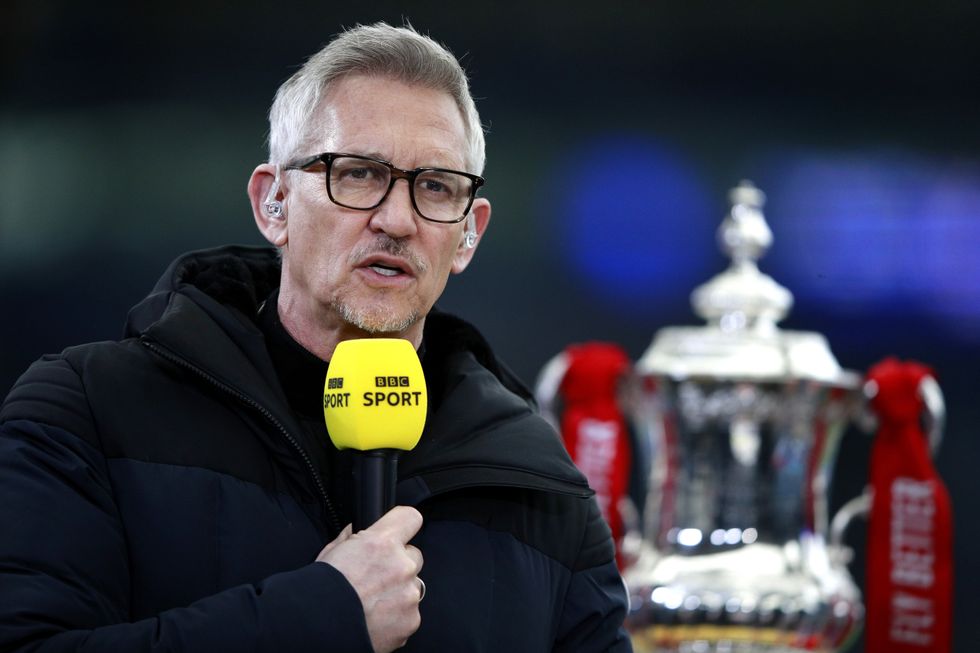
Gary Lineker topped The BBC rich list with an annual wage of 1.3million
| PAIn January last year, John Whittingdale, the culture minister, said: “It is not possible to offer subscription services through terrestrial transmission to a TV aerial as there is no facility to opt not to receive them.
“There are still nearly eight million adults in the UK who only have access to free-to-air TV. No government could contemplate removing free-to-air TV until [usage] is close enough to zero.”
The news of the review comes amid a period of turmoil for the BBC after one of its top presenters, Huw Edwards, was accused of paying a young person for sexually explicit images.
The BBC has since been accused of improperly handling a complaint from the parents.





